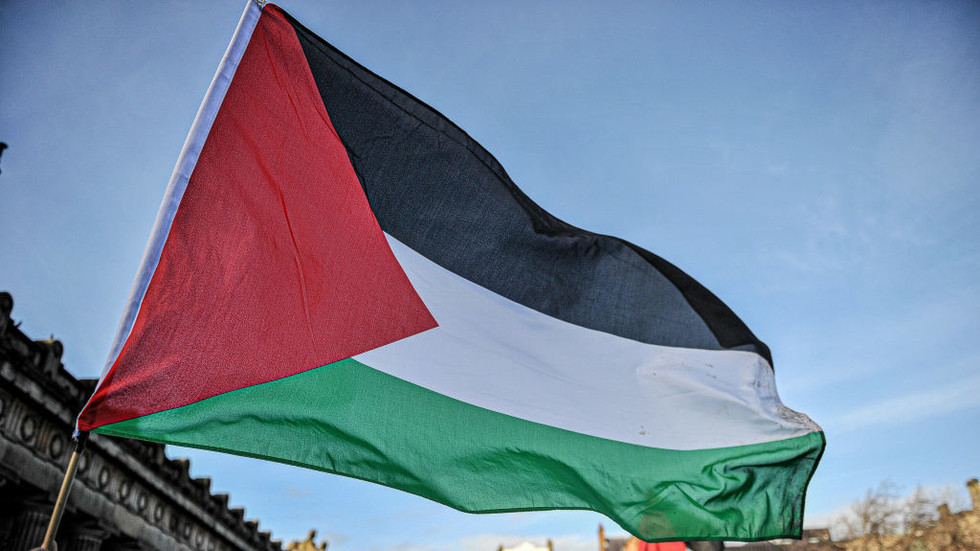French President Emmanuel Macron’s recent pledge to recognize Palestinian statehood has drawn sharply divided reactions, with Hamas praising the decision as a “positive step toward justice” while Israel and the U.S. condemned it as counterproductive. The announcement, set to be formalized at the UN General Assembly in September, would make France the first major G7 nation—alongside the U.S., UK, Canada, Germany, Japan, and Italy—to take this step. Hamas, the Gaza-based militant group, described the move as reinforcing international support for the Palestinian right to self-determination and called on other EU states to follow suit.
Several European nations, including Spain, Norway, and Ireland, alongside Mexico, have already recognized Palestinian statehood. Russia also reaffirmed its historic 1988 recognition of Palestine. However, Macron’s declaration faced immediate backlash from Israel and its closest ally, the U.S. Israeli Prime Minister Benjamin Netanyahu warned the move “risks creating another Iranian proxy like Gaza,” while Washington accused France of “rewarding terrorism” through diplomatic gestures.
The contentious debate unfolds amid stalled ceasefire negotiations to end the nine-month conflict in Gaza. A proposed 60-day truce would involve phased releases of 10 Israeli hostages and the remains of 18 others in exchange for Palestinian prisoners, alongside increased humanitarian aid. Talks faltered as Hamas demanded a full Israeli withdrawal and permanent ceasefire before releasing all hostages, while Israel insists the group must disarm and relinquish power in Gaza as part of any lasting agreement.
U.S. officials recently withdrew their negotiating team, citing Hamas’s “lack of desire” to reach a deal. The clashes, triggered by Hamas’s October 2023 attack in southern Israel that killed 1,200 people, have since escalated into a devastating conflict. Gaza’s Health Ministry reports over 59,000 Palestinian fatalities, though these figures remain disputed by Israel.
Macron framed France’s recognition as an effort to advance peace, stating that unlocking Palestinian statehood is “crucial for regional stability.” Analysts suggest the symbolic gesture reflects growing frustration among Western allies over Israel’s prolonged military campaign and its humanitarian toll. Nonetheless, critics argue such unilateral recognitions risk undermining direct negotiations, a cornerstone of longstanding international peace efforts.
As France prepares to formalize its stance, the divide between diplomatic gestures and on-the-ground realities underscores the deepening complexity of the Israeli-Palestinian conflict. With violence persisting and talks at an impasse, the path to a sustainable resolution remains fraught, even as global attention turns to the UN’s upcoming deliberations.
